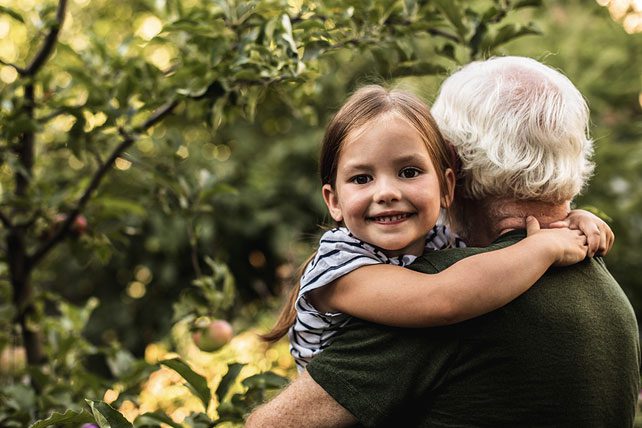In Ukraine, a little blonde-haired girl named Lisa needed somewhere safe to live after being severely neglected by her alcoholic mother. She was found with nothing to eat but an onion. Thankfully, Lisa’s grandfather was able to step in, and he became her legal guardian. Once scared and isolated, Lisa is now thriving in her grandfather’s care and will grow up with her connection to her biological family intact.
As Christians, we know families are God’s intended setting for children to grow. Yet, without realizing it, sometimes we undermine this plan—U.S. Christians are substantial supporters of orphanages around the world.
While this is done with the right intentions, and vulnerable children do need help, giving to an orphanage is not the best way to help them. Like Lisa, most of the children in orphanages have family or members of their community who could take them in. However, for this to happen on a large scale, international donors and volunteers will need to reconsider how they care for the orphaned.
September is Kinship Care Month, a time to celebrate the family members who step up to care for a relative’s child, and Christians can see that if their resources were given toward family-strengthening programs instead of orphanages, more children could live with extended family.
In many countries worldwide, informal kinship care is already happening.
At A Family for Every Orphan (AFFEO), the organization I work for, our main focus is keeping families together. Children who grow up in families are shown to have better outcomes physically, cognitively, emotionally, and socially than those in orphanages or other residential homes.
So when a parent is unable to provide a safe home, instead of turning to an orphanage, our partners work to find and support extended family members willing to step in. If we can’t identify relatives who can provide a safe home, that’s when we consider foster care and adoption.
This approach is especially important during a crisis. In Ukraine, for example, when social services identifies a child who needs a home, our partners jump in to provide resources to help locate relatives to avoid placing the child in institutionalized care.
Families in Ukraine are struggling with the daily challenges of war, separation, and trauma, but this doesn’t have to mean a renewed reliance on orphanages for the country. Many children are already being cared for by grandmothers, aunts, and other relatives, and we work to keep them there.
Our partner organizations offer a variety of services for these families, such as counseling and daycare, so the kids have a safe space to go while the family goes to work or heals physically or emotionally. Kinship care support also includes food assistance, education, spiritual support, and coaching on how to parent a child who has experienced trauma.
Additionally, these partners teach the social workforce in the country about the importance of family and the benefits of kinship care over institutionalized care for children. But families offering kinship care need more support, and even all the way from the U.S., we can provide it.
When a child stays within their biological family, they feel a sense of belonging and permanence. This security allows them to leave a survival mentality and truly flourish. But unlike many foster families, those providing kinship care often do not receive government assistance.

